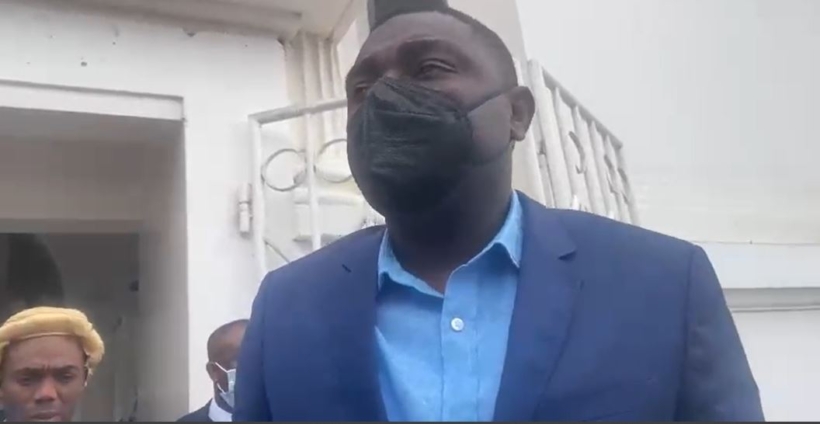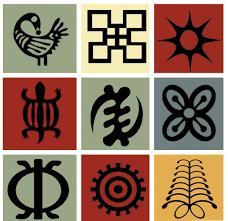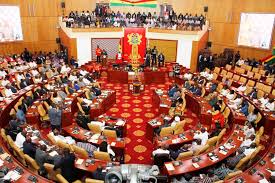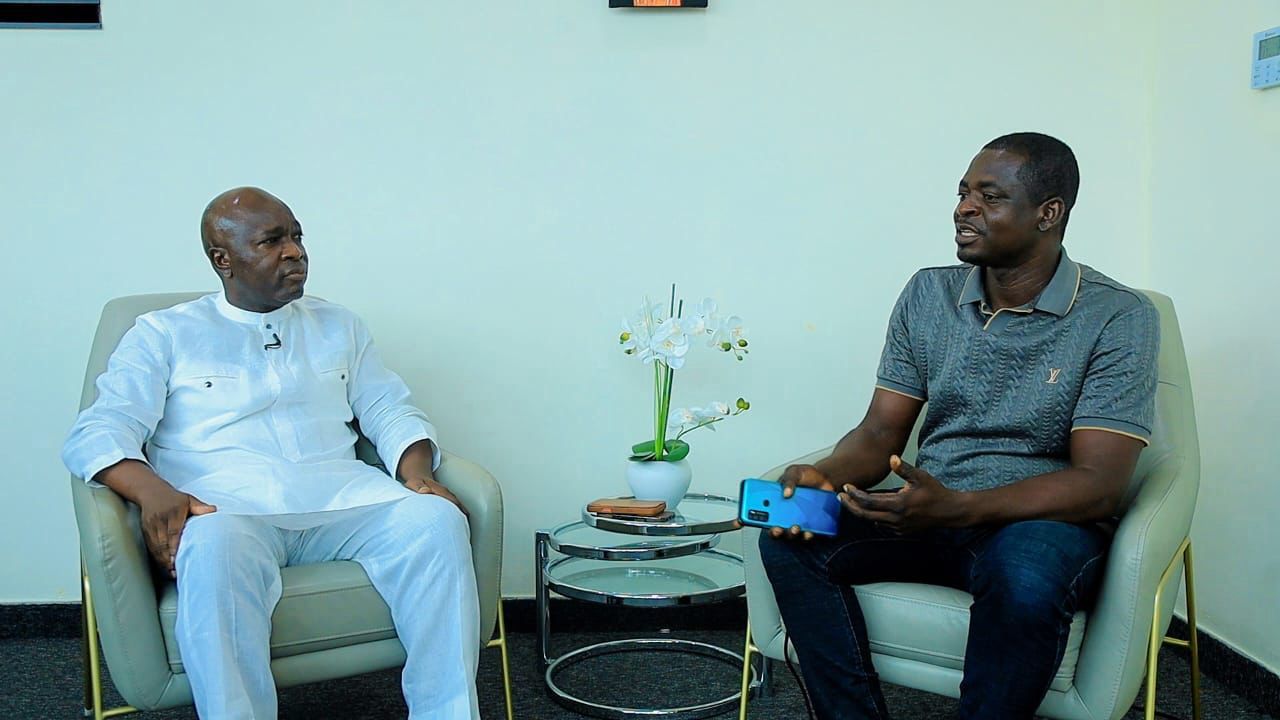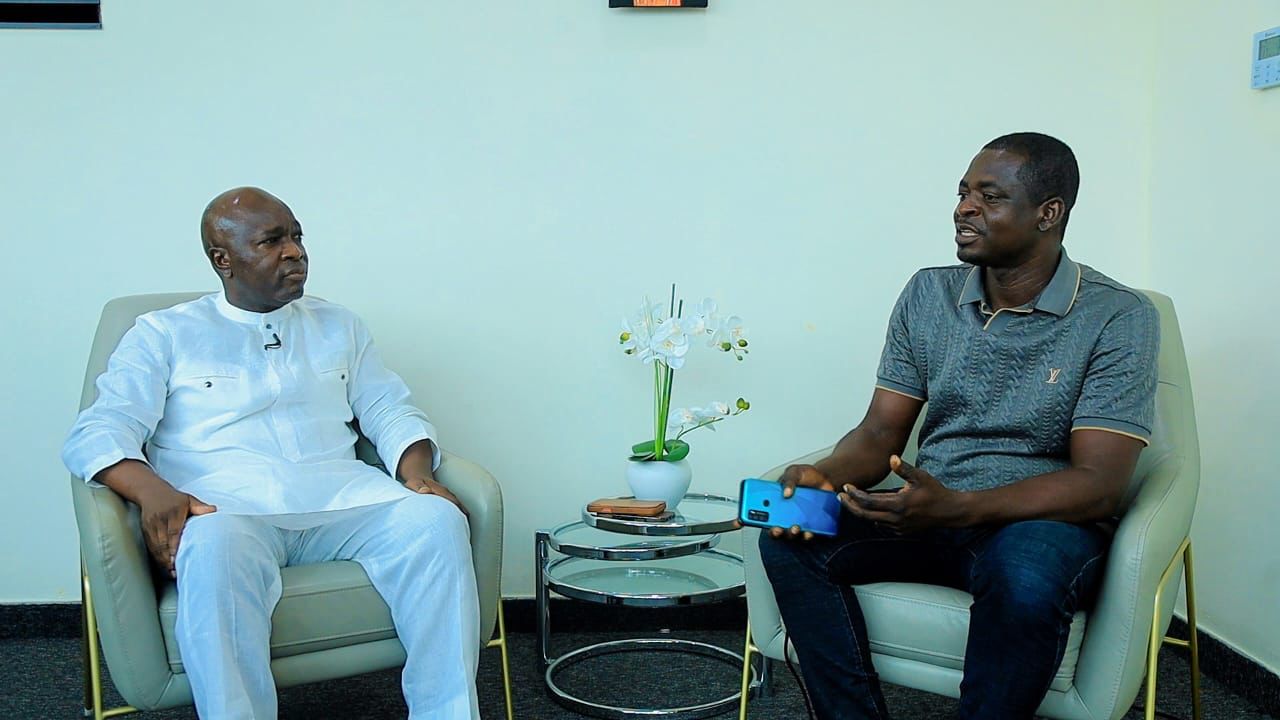Ghana’s Supreme Court on Tuesday overturned a long-standing arrest warrant for controversial media personality Kevin Taylor, in a decision that may have lasting implications for judicial authority and freedom of expression in the country’s digital age.
In a 4-1 majority ruling, the court struck down the 2020 warrant, which had been issued by High Court Justice Eric Kyei-Baffour over contempt charges linked to remarks Taylor made alleging bias and political collusion within the judiciary. The Supreme Court panel was led by Justice Imoro Amadu Tanko and included Justices Senyo Dzamefe, Gbiel Simon Suurbaareh, Philip Bright Mensah, and Ernest Gaewu—the latter issuing the sole dissent.
Taylor, a Ghanaian political commentator based abroad, is best known for his incendiary online program With All Due Respect, where he frequently targets political elites and state institutions. Following the ruling, he appeared in visibly high spirits, leaving the courthouse with his legal team.
The quashed warrant stemmed from a January 2020 order by the High Court, which had accused Taylor of making “extremely scandalous” claims impugning the integrity of Justice Kyei-Baffour. At the time, the judge alleged that Taylor had falsely linked his judicial promotion to political interference in a high-profile corruption case involving the National Communications Authority.
“As a judge of impeccable integrity and utmost honesty,” Justice Kyei-Baffour wrote in his ruling then, “I find it necessary to invoke the powers vested in me under the Constitution to cite him for contempt.”
Taylor, who resides outside Ghana, had publicly dismissed the warrant, challenging its legitimacy and claiming he had been denied due process. His legal team petitioned the Supreme Court earlier this month to have the arrest order annulled, arguing that no opportunity had been granted to answer the allegations.
Tuesday’s ruling signals a potentially significant shift in how contempt cases involving non-resident individuals are handled, particularly in the context of global digital platforms and cross-border speech.
The court has yet to release its full reasoning, but legal analysts say the majority opinion is likely to clarify the boundaries of contempt enforcement and reassert the need for procedural fairness—even when addressing perceived affronts to the judiciary.
Taylor has a history of legal entanglements. In October 2020, a court ordered him to pay GHS1 million in damages in a defamation case brought by lawyer and political figure Gabby Otchere-Darko.
The Supreme Court’s decision is expected to stir renewed debate over the balance between judicial authority and free expression, especially as online commentary continues to challenge traditional institutions in Ghana and beyond.



